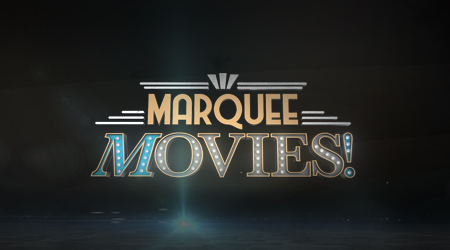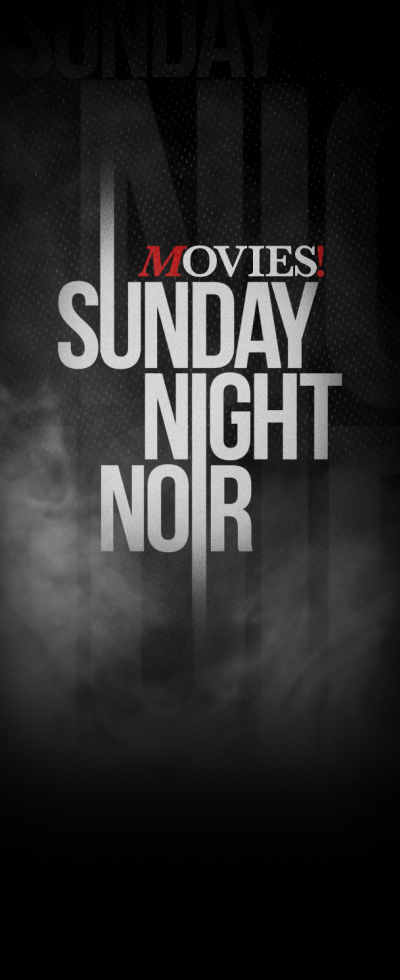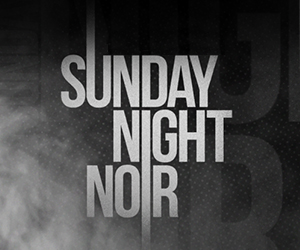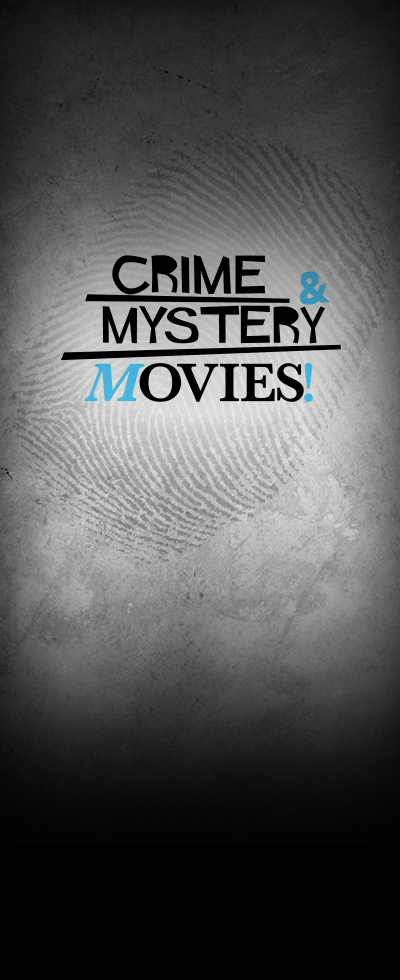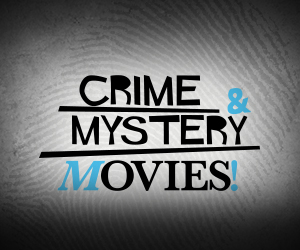For showtimes, click here.
Kramer vs. Kramer was the highest grossing film of 1979 and won an impressive five Academy Awards. The film resonated with audiences as it sought to portray the humanity of a divorced couple and the necessity of active parenting.
1. The part was custom-made for Hoffman.

Even before he joined the project, producer Stanley Jaffe (who owned the novel’s rights) and director/screenwriter Robert Benton wanted Hoffman for the role. “We were writing for Dustin from the beginning,” said Benton. Hoffman was resistant to the part at the time because he was going through a divorce himself.
2. Hoffman shaped the movie.

Part of the reason he was initially hesitant about the film was because he felt the project didn’t accurately reflect the pain of a divorce. So Hoffman, Benton, and Jaffe worked to capture the reality more accurately, even incorporating true life into it. “And I think the spine that was found was that what makes divorce so painful is that the love doesn’t end, which is what both parties want it to, if it’s a real love,” Dustin said. “It made everything we did then loaded.” For his role in the film's development, Benton even offered to give a screen credit to Hoffman, but he declined.
3. Meryl Streep brought her A game.

Jaffe thought she conveyed an inherit intelligence and goodness that was necessary to give a layered performance. Streep first heard about the part while performing Shakespeare in the Park and filming Woody Allen’s Manhattan. The team was concerned she’d be stretched too thin, but she convinced them to work around her schedule. For her performance, Streep won a Best Supporting Actor Academy Award, and in her speech, she said “Holy mackerel. I'd like to thank Dustin Hoffman and Robert Denton to whom I owe this.”
4. It’s Justin Henry’s film debut.

The search for the six-year-old son was a challenge, and the team visited 26 schools in New York and met with 750 kids, finally narrowing it down to seven. “The moment I met Justin Henry, I felt a kinship between us that was unique,” Hoffman said. Kramer was Henry’s first time acting, but they knew he was the right fit because of his ability to connect and improvise. In the audition, Justin instinctively touched Dustin like a child would a father. Streep said, “Dustin was amazing with that little boy. He set out to make him fall in love with him.”
5. Hoffman improvised the French Toast scene.

Dustin’s method of folding the bread and dunking it in a mug is a funny and relatable moment. It was also improvised. Henry said, “The French Toast scene was just some awesome acting by Dustin Hoffman. We ran through that scene and when we rolled, it was kind of a completely different thing.” The team found that improvisation helped Justin’s performance too, so it felt more natural.
6. Real life inspired the ice cream rebellion.

The scene in which Henry grabs the ice cream before finishing his dinner was taken directly from Hoffman’s life. His daughter had done the exact same thing, and once Henry heard about it, he wanted to do it. Even though the lighting and camera weren’t set to film in the kitchen, Hoffman convinced them to reset. “It was wonderful. We were just having fun,” said Hoffman.
7. Justin almost got injured doing the fall.

Mats were placed around the jungle gym set to cushion Justin’s fall. Thankfully, they also made a perimeter of people because he would have missed the mat completely if Stanley Jaffe hadn’t directed his fall. The next obstacle was coaching Henry to cry. Hoffman, who had grown very close with his co-star, mentioned that they may never work together again, and that helped Henry find the emotion. “The whole process I never felt manipulated in any way,” he said. “I was having a ball. And learning how to cry was great."



